Field Notes Blog
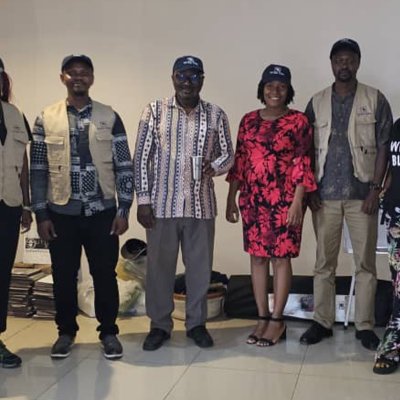
Meet STOP Spillover’s Sierra Leone Country Team Lead Dr. Edward Magbity
This spotlight features Dr. Edward Magbity, the Team Lead for STOP Spillover in Sierra Leone. Read more ›
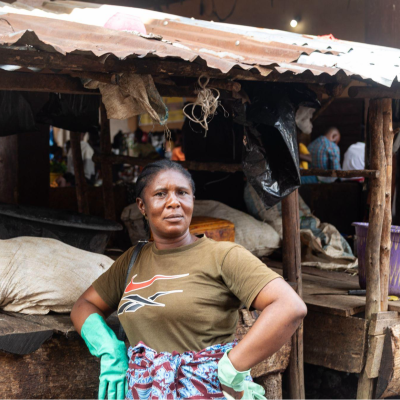
Gender, Ebola, Zoonotic Spillover, and the Wild Meat Trade
In the wild meat trade in Sierra Leone, gender identities and gendered roles and responsibilities can put individuals at heightened risk of contracting Ebola and other viral hemorrhagic fevers. Read more ›
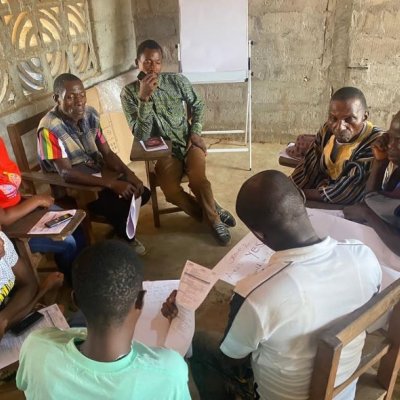
STOP Spillover Liberia is working with local and national stakeholders to co-design interventions targeting structural and social behavioral change to reduce the presence of rodents in communities. Read more ›
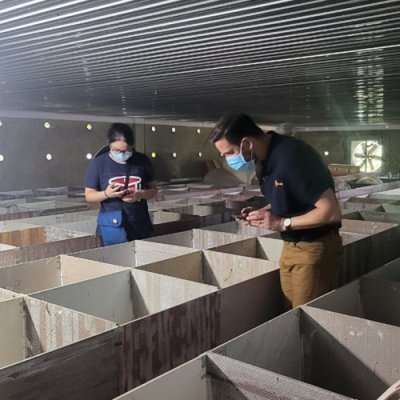
STOP Spillover Interim Project Co-Director Dr. Jonathon Gass recently traveled to Viet Nam to conduct site visits to wildlife farms with the country’s team on the ground. Read more ›

Meet STOP Spillover’s Côte d’Ivoire Country Team Lead Dr. Danièle Konan
It comes down to combining efforts of all sectors and together considering all of the risks associated with the emergence of epidemics and pandemics. Read more ›

STOP Spillover is not about individuals, but instead is a deep collaboration among grassroots, local, regional, national, and global stakeholders. Read more ›
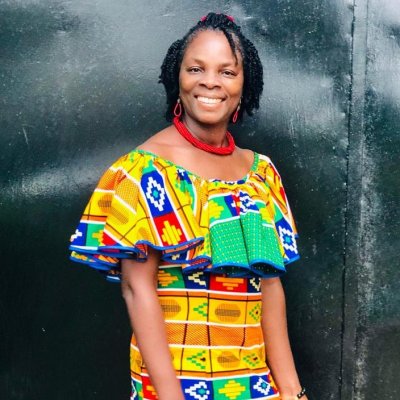
If we truly want to prevent the next pandemic, we need to take on the big drivers of risks like animal health, land use change, and climate change too. Read more ›
Why Gender Matters for Stopping Spillovers and Future Pandemics
The gendered, social, cultural, and economic determinants people face, as well as the society they live in and their ability to respond and act, affect their risk of spillover exposure, health-seeking behavior, and preventive and response measures. Read more ›